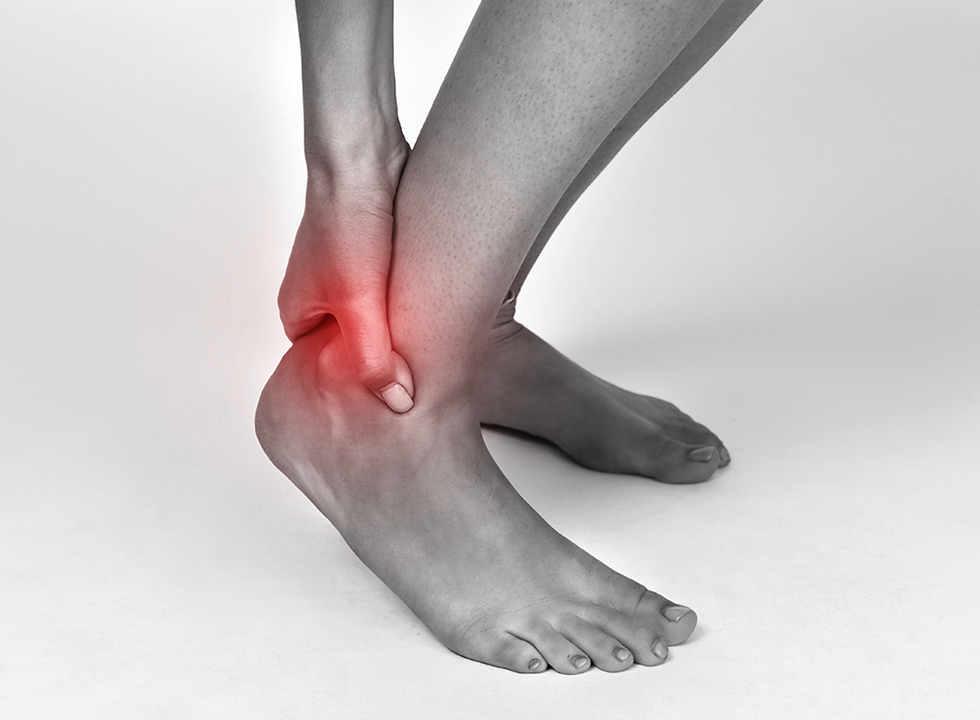I Have Osteoarthritis- Do I Have To Manage My Weight?
- E-Young Khoo
- May 6, 2025
- 2 min read
How Important is Weight Management for Osteoarthritis?
Osteoarthritis (OA) affects millions and commonly targets weight-bearing joints like the knees, hips, and lower back. Managing weight is one of the most effective ways to reduce OA symptoms, improve mobility, and enhance quality of life. Let’s explore why weight control is crucial for OA and some practical ways to achieve it.
Why Weight Matters in Osteoarthritis
Reduced Joint LoadExtra weight significantly increases the stress on joints—especially the knees. Studies have indicated that each pound of weight lost will result in a 4-fold reduction in the load exerted on the knee per step during daily activities. Imagine multiplying this by how many steps you take in a day. That’s massive!
Inflammation ReductionFat tissue releases inflammatory molecules that can worsen joint pain and stiffness. Reducing body fat decreases these inflammatory markers, potentially alleviating OA symptoms.
Enhanced Mobility and Pain ReliefExcess weight often limits movement and can weaken muscles supporting the joints. Weight management can ease pain, increase mobility, and enable more active lifestyles, which support joint health.
How Weight Loss Benefits OA Symptoms
Even a 5% reduction in body weight can improve knee pain and function by 20-30%. Less joint load, reduced inflammation, and better mobility collectively make a big difference in OA management.
Strategies for Weight Management with OA
ExerciseLow-impact activities like swimming, cycling, and walking help strengthen muscles without overstressing joints. Physiotherapists can tailor these exercises to suit each patient’s needs.
Diet AdjustmentsA balanced diet emphasising anti-inflammatory foods—such as greens, berries, and whole grains—can support weight loss and help manage OA symptoms.
Behavioural SupportStaying motivated for weight loss can be challenging, especially with chronic pain. Working with a nutritionist or health coach can help maintain progress through accountability and encouragement.
A Comprehensive Approach
Weight management is a powerful component of OA care, but it works best as part of a holistic plan involving physiotherapy, exercise, and possibly medical treatment. Working with healthcare professionals to find the right balance of exercise and dietary adjustments can make managing OA more achievable, ultimately enhancing both function and quality of life.
By addressing weight and supporting overall joint health, OA patients can better manage their symptoms, reduce pain, and maintain mobility.



Comments